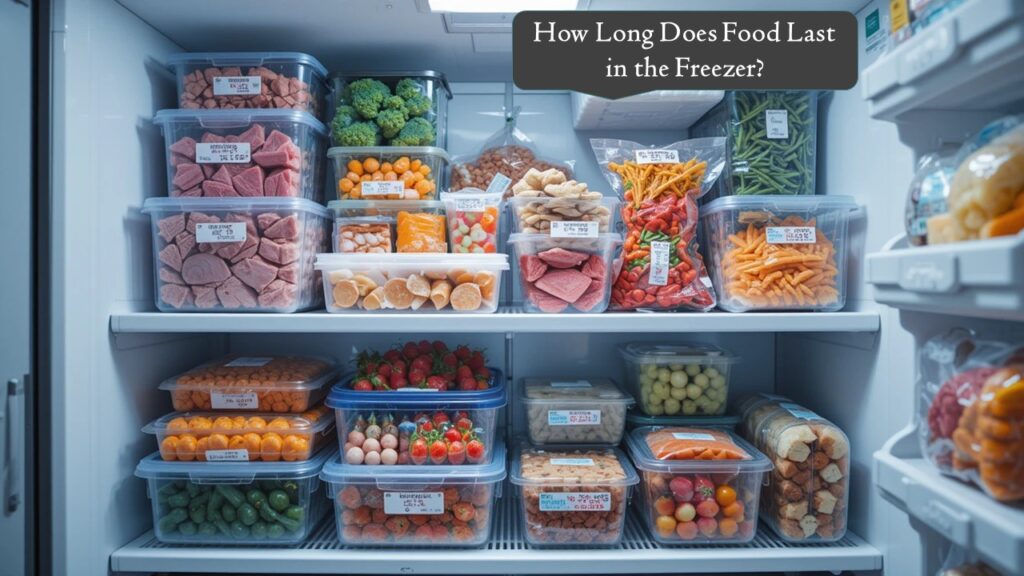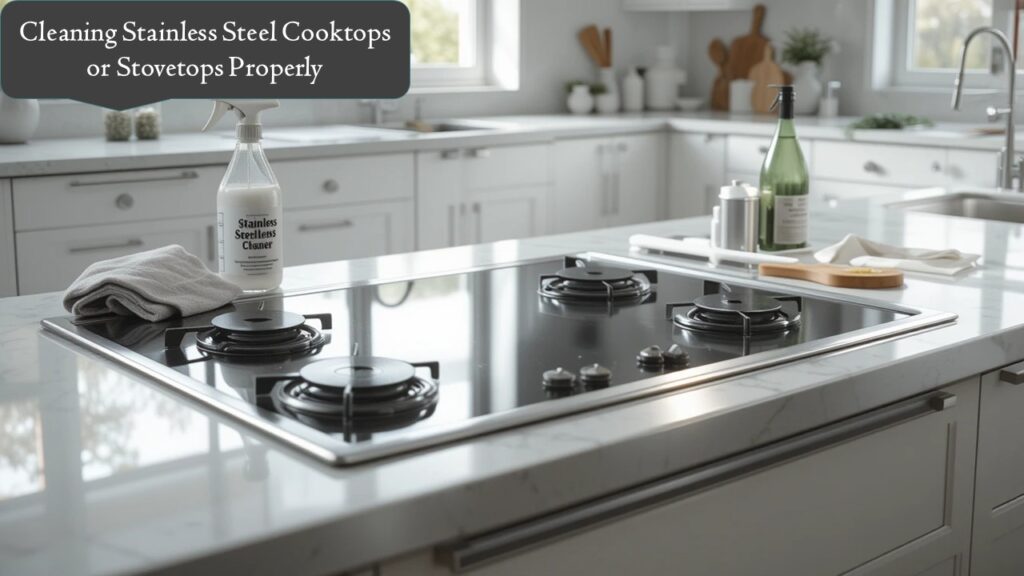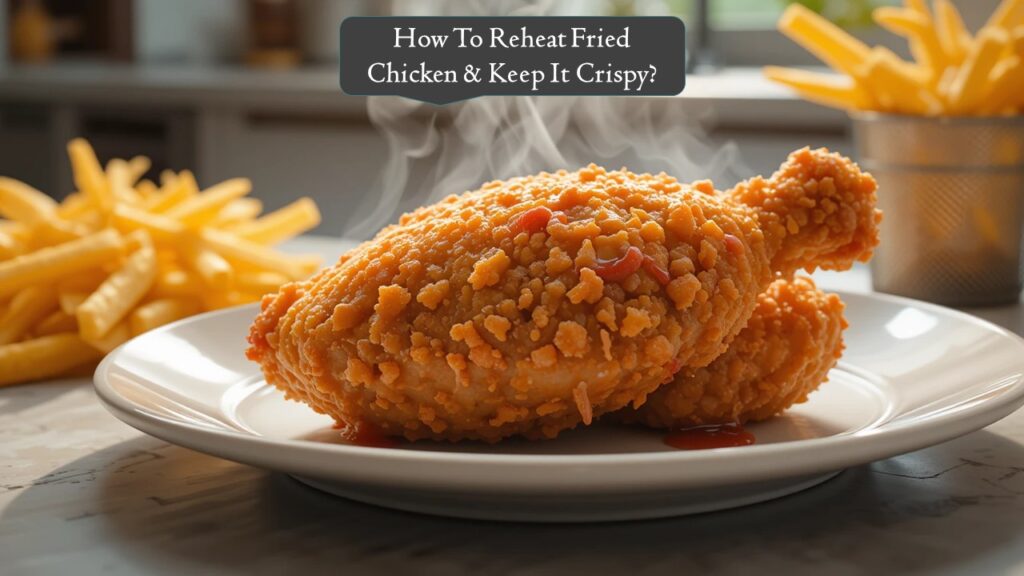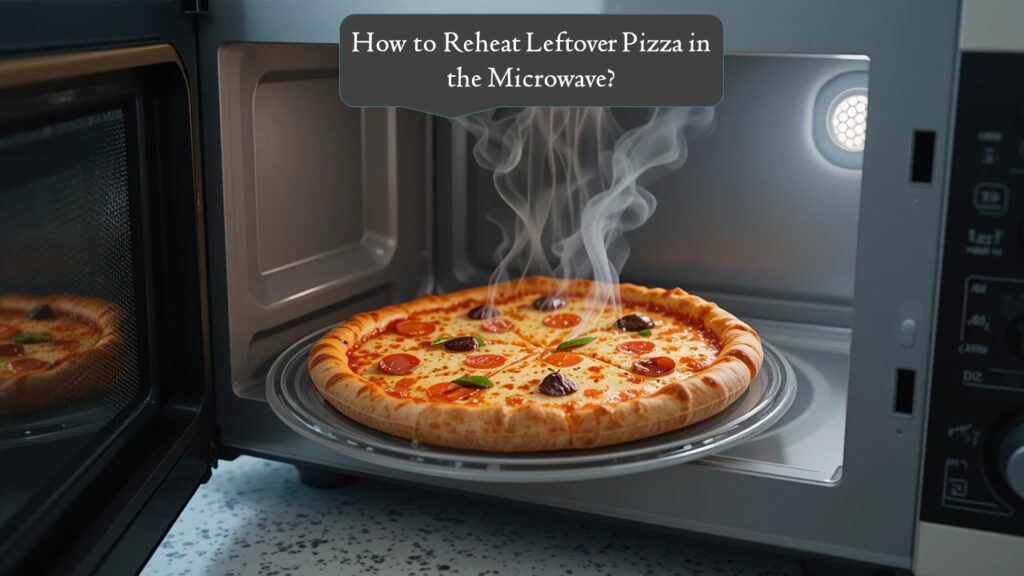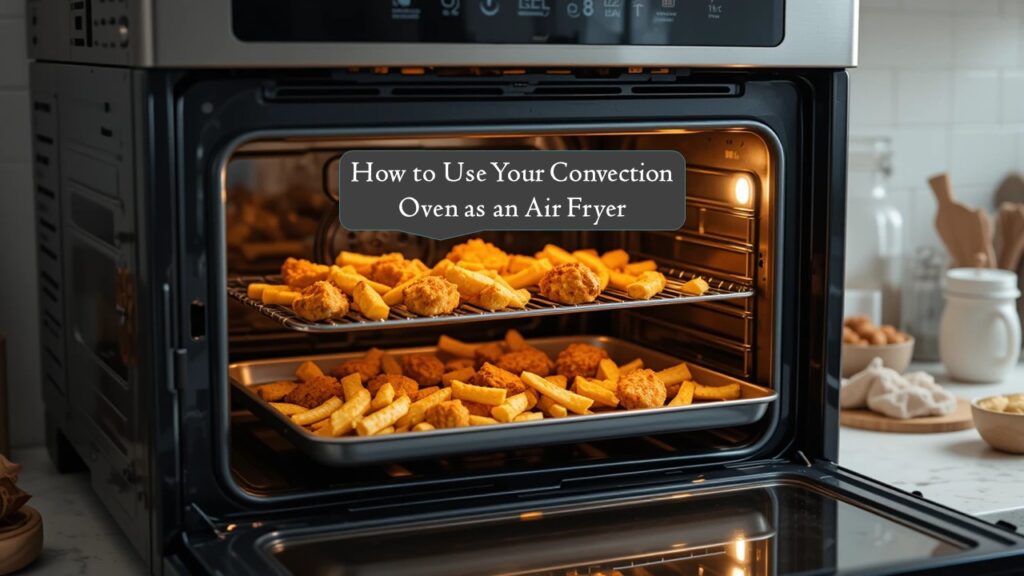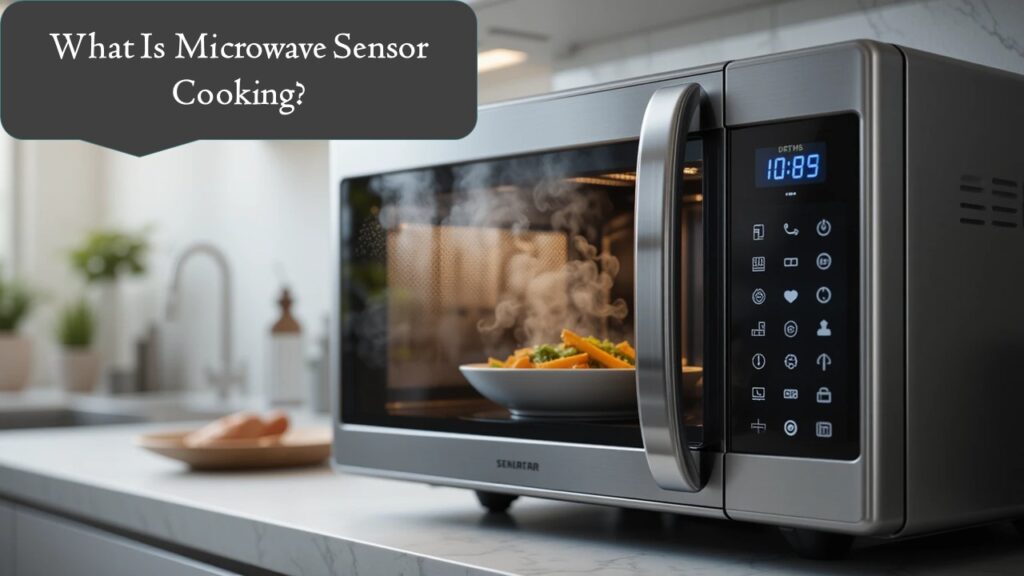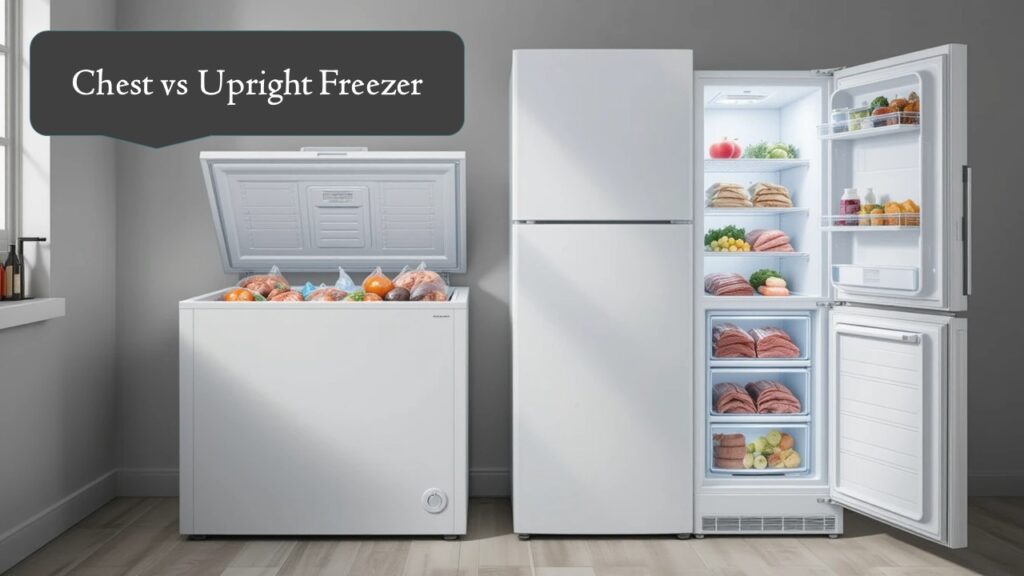Freezing food is one of the most effective ways to extend its shelf life and cut down on waste, but many people are unsure just how long different foods can safely stay in the freezer. While frozen foods don’t necessarily “expire” in the same way fresh items do, they can lose quality, texture, and flavor over time. Knowing these timelines is key to making the most of your freezer while keeping your meals safe and delicious.
The freezer is often underestimated, but it’s an essential tool for busy households, meal preppers, and anyone looking to stretch their grocery budget. With proper storage techniques and an understanding of safe timeframes, you can confidently stock up on meats, vegetables, baked goods, and leftovers without worrying about spoilage.
In this guide, we’ll break down how long common foods last in the freezer, share expert tips for proper storage, and help you understand when it’s time to toss something out.
Does Frozen Food Ever Go Bad?
Freezing food halts the growth of harmful bacteria, mold, and yeast, which means it’s technically safe to eat indefinitely if kept frozen at 0°F (-18°C) or lower. However, over time, frozen food begins to degrade in quality. Factors like freezer burn, improper sealing, and fluctuating temperatures can impact flavor and texture.
This means while your food may still be safe after a year or two, it might not taste as good as when you first stored it. Knowing realistic freezer storage timelines helps you enjoy your food at its best.
Freezer Storage Guidelines for Common Foods
Here’s a breakdown of how long different types of food last in the freezer without sacrificing taste and quality:
-
Meat and Poultry
- Beef, Pork, Lamb (Steaks, Roasts, Chops): Up to 12 months
- Ground Meat (Beef, Pork, Turkey): 3-4 months
- Whole Chicken or Turkey: Up to 12 months
- Chicken or Turkey Parts: 9 months
- Cooked Meat or Poultry: 2-6 months
-
Seafood
- Fatty Fish (Salmon, Tuna, Mackerel): 2-3 months
- Lean Fish (Cod, Haddock, Tilapia): 6-8 months
- Cooked Fish: 4-6 months
- Shrimp, Scallops, and Shellfish: 3-6 months
-
Fruits and Vegetables
- Fresh Fruit (Blanched or Prepped): 8-12 months
- Vegetables (Blanched): 8-12 months
- Cooked Veggies: 3-6 months
-
Baked Goods
- Bread and Rolls: 3-6 months
- Cookies: 6-12 months
- Cakes (Unfrosted): 2_3 months
- Pies: 3-4 months
-
Dairy and Eggs
- Butter: 6-9 months
- Cheese (Hard, Grated): 6-8 months
- Milk: 3-6 months
- Eggs (Beaten or Whites): 6-12 months
-
Leftovers and Prepared Meals
- Cooked Soups and Stews: 2-3 months
- Cooked Pasta or Rice: 2-3 months
- Prepared Casseroles: 2-3 months
Signs Your Frozen Food May Not Be Good
While frozen foods don’t “expire,” there are clear indicators of when it’s time to throw them away:
- Freezer Burn: Grayish-white patches that dry out food. Safe but affects taste and texture.
- Odd Smell or Taste: A sour or “off” smell after thawing is a sign of spoilage.
- Texture Changes: Mushy vegetables or meat that feels slimy when thawed should be discarded.
- Ice Crystals: Excessive ice buildup indicates the food has been stored too long or improperly sealed.
Tips for Proper Freezer Storage
Keeping your freezer organized and your food safe isn’t complicated. Here are some best practices:
- Set Freezer to 0°F (-18°C): This ensures bacteria growth is halted.
- Use Airtight Packaging: Invest in freezer bags, vacuum sealers, or airtight containers.
- Label and Date Everything: Always mark storage dates for easy rotation.
- Avoid Overloading: Allow air to circulate for consistent freezing.
- Blanch Vegetables: Blanching helps preserve nutrients and flavor in vegetables before freezing.
- Cool Before Freezing: Never place hot food directly in the freezer—it raises the temperature inside.
Freezer Organization Tips
Keeping your freezer neat helps you maximize space and ensure nothing goes to waste:
- Group Similar Items: Keep meats, veggies, and prepared meals in separate areas.
- Use Bins or Baskets: Helps you find items quickly.
- First In, First Out: Use older items first to prevent food from staying frozen for too long.
Final Thoughts:
Your freezer is a powerful tool for saving time, money, and reducing food waste, but only if used effectively. While most frozen foods remain safe indefinitely when kept at a constant temperature of 0°F (-18°C) or lower, their quality will eventually start to decline. By understanding realistic storage timelines for meats, vegetables, baked goods, and prepared meals, you can enjoy meals that are both safe and delicious.
The key is organization and preparation. Labeling your food, using airtight packaging, and following the “first in, first out” rule ensures nothing gets forgotten in the back of the freezer. Regularly checking for signs of freezer burn and odd smells will help you avoid unpleasant surprises.
Freezing doesn’t just extend shelf life; it allows you to batch-cook, stock up during sales, and reduce waste. Whether you’re a busy parent, a meal prepper, or just looking to save money, a well-managed freezer can make your kitchen more efficient and your grocery budget stretch further.

